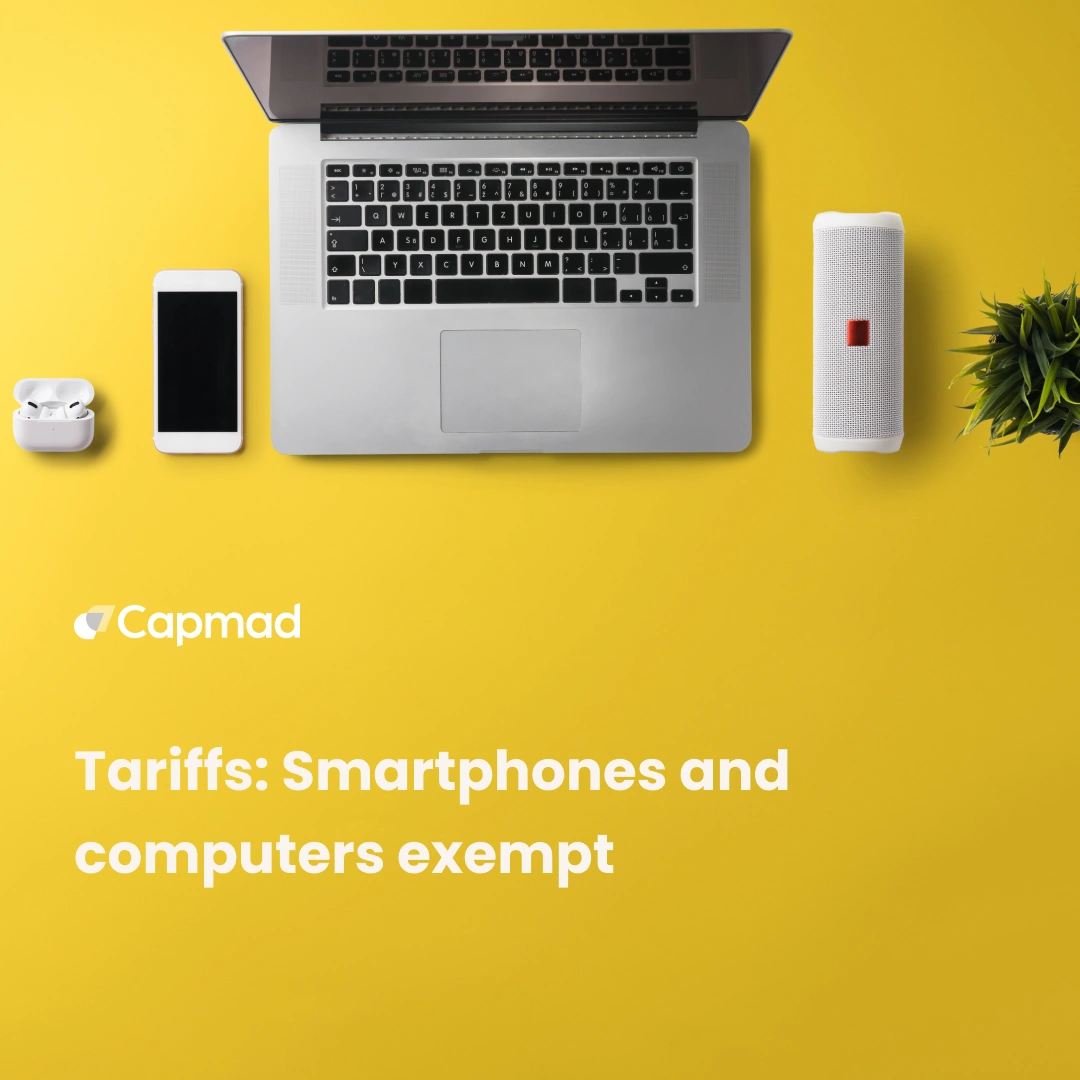The surge in gasoline prices in Mali is directly linked to a major diplomatic crisis with Algeria, which is attempting to suffocate the Malian economy through its actions. Since early April 2025, after a Malian military drone was shot down by the Algerian army, Algiers has implemented a blockade on the movement of subsidized goods, particularly fuel, into Mali. This blockage halted an informal contraband market vital to fuel supplies to the northern and central regions of Mali, causing an acute shortage and skyrocketing prices.
Impact on Prices and the Local Economy
- In Timbuktu, the price of a liter of gasoline rose from 700 CFA francs (USD 1.22) to record highs of 3,000 CFA francs, even as high as 5,000 CFA francs, and even 7,000 CFA francs in Menaka, a dramatic increase.
- In Bandiagara, fuel became virtually impossible to find, paralyzing local economic activities, particularly transportation and agriculture (motor pumps for irrigation).
- In Gao, the shortage also caused a price spike, with costs ranging from 1,500 to 2,000 CFA francs per liter, causing significant social and economic concern.
Economic and Social Consequences
The local economy is seriously affected. Transportation is at a standstill, weekly markets are deserted, and agricultural activities are compromised by the lack of fuel. In Bamako, the capital, the situation is causing social tensions, with spontaneous demonstrations outside gas stations and growing discontent among taxi drivers and traders who are seeing their businesses paralyzed.
The closure of airspace between Algeria and Mali, decided in retaliation, is further exacerbating the situation by complicating air connections and the supply of kerosene for flights departing from Bamako.
Political and Diplomatic Context
Algiers blames Bamako for resuming hostilities in northern Mali in late 2024. Mali, for its part, accuses Algeria of protecting rebel groups present in the border region, which has exacerbated tensions.
The Azawad Liberation Front (FLA), a coalition of armed pro-independence groups in the north, has banned the sale of fuel from Algeria in these areas, further complicating the situation.
What alternatives are there for obtaining fuel?
Faced with soaring prices and the shortage of gasoline linked to the Algerian blockade, local Malian traders are considering several alternatives to obtain fuel or reduce their dependence on conventional gasoline.
Supply via other import channels: Some traders are seeking to circumvent the blockade by obtaining supplies from other neighboring countries or through informal networks.
Use of alternative fuels: Although the Malian context is challenging, alternative fuels such as biodiesel, LPG, or even compressed natural gas (CNG) are being considered to alleviate the gasoline shortage.
Optimizing and reducing fuel consumption: Traders and transporters are also trying to improve vehicle efficiency (maintenance, economical driving) to limit fuel consumption, as well as negotiating with their suppliers to better manage costs.
Adapting transportation modes: Some stakeholders are considering increasing use of public transportation, alternative modes (bicycles, motorcycles), or electric vehicles to reduce fuel dependence.
Regional reactions
ECOWAS expresses its concern about this energy and economic crisis. The organization calls for urgent dialogue between Algiers and Bamako to avoid a further deterioration of relations and dramatic consequences for the Malian population.
In summary, the surge in fuel prices in Mali is the direct consequence of an Algerian blockade imposed in response to military and diplomatic tensions. This blockade aims to cut off vital fuel supplies, which is suffocating the Malian economy, particularly in the north and center of the country, causing a major social and economic crisis.






